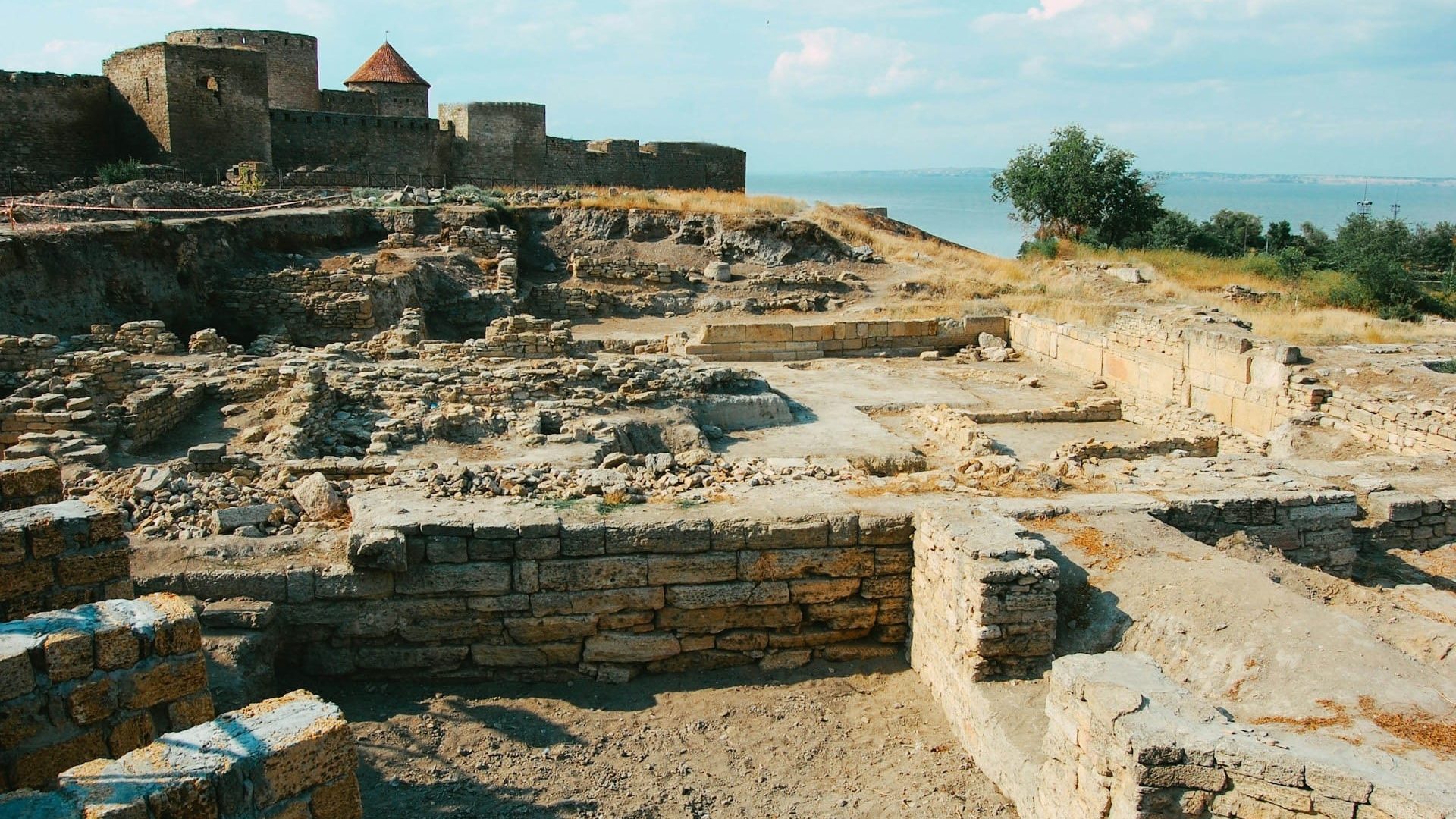Now when Jesus came into the district of Caesarea Philippi, he asked his disciples, “Who do people say that the Son of Man is?” And they said, “Some say John the Baptist, others say Elijah, and others Jeremiah or one of the prophets.” He said to them, “But who do you say that I am?” Simon Peter replied, “You are the Christ, the Son of the living God.” And Jesus answered him, “Blessed are you, Simon Bar-Jonah! For flesh and blood has not revealed this to you, but my Father who is in heaven. And I tell you, you are Peter, and on this rock I will build my church, and the gates of hell shall not prevail against it. I will give you the keys of the kingdom of heaven, and whatever you bind on earth shall be bound in heaven, and whatever you loose on earth shall be loosed in heaven.”
Matthew 16 verses 13 – 19
These verses have been used by the Roman Catholic Church to justify the position and authority that the Roman Catholic Church and The Pope holds. But let’s see what these verses really say.
- Peter is the first to realise and verbalise to Jesus who he is; The Christ. The son of God. Jesus then says the words “You are Peter, and on this rock I will build my church…”.
- The Roman name ‘Peter’ means rock. So, Jesus is saying to Peter “You are rock, and on this rock I will build my church.” It is reasonable to understand here that Jesus meant the declaration Peter has just made, not Peter himself. So, what did Peter just say? He proclaimed who Jesus was. The Christ. The son of God. And it is that confession that Jesus proclaims he will build his church, his people, on.
- This is the first use of the word ‘church’ in the Bible and it uses the Greek word ekklesia. This word is not a religious word. It meant ‘group’ or ‘called-out group’.
- Nowhere in these verses (or any other verses) does Jesus say it will be Peter’s church or that he will pass down authority of the church through Peter. Jesus says “I will build my church.” So, it is Jesus’ church, not Peter’s or man’s.
- Peter went on to share who Jesus was with the Jewish people in Acts 2 verse 38 – 39 which became the early church (seen in verse 42 – 47). And also with the Gentiles (non-Jewish people) in Acts 10 verse 34 – 44. So, it is clear that Peter was instrumental in building the early church. However, it is wrong to suggest that Peter was the rock that it was built on. He was merely the messenger not the substance of the message.
- Finally, Peter did not see himself as the rock on which the church was founded where in his own testimony in 1 Peter 2 verse 4 – 10 he references believers in Christ such as himself as being “living stones” but Jesus is the “cornerstone”.
To conclude; it was Jesus’ intention that the foundation of the church, the worldwide group of believers in Christ, was to be built on a shared faith that Jesus Christ is the son of God.
It is that shared belief of who Jesus is and what Jesus did that unites Christian believers today. Not Peter, or any person or religious structure, that was created after Jesus ascended to heaven, which is where the Roman Catholic church first diverged from what the teachings of Jesus and the Bible said.
